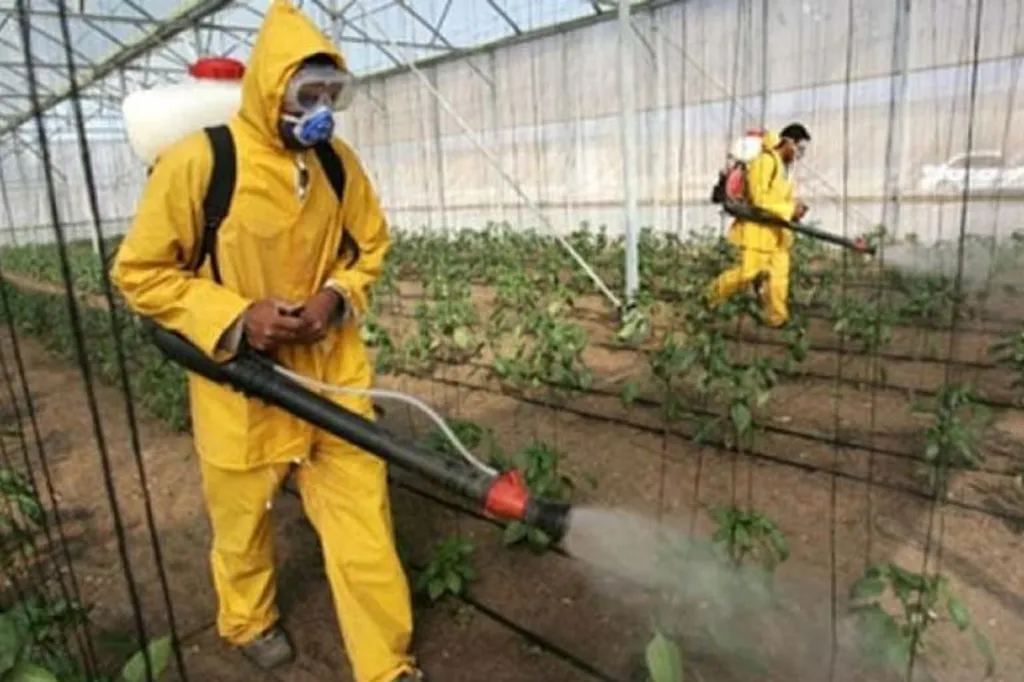In the rapidly evolving landscape of agriculture, digital tools are emerging as powerful allies for farmers, particularly in the realm of agroecological crop production. A recent study published in *Agronomy* sheds light on the current state and potential of these tools, offering insights that could reshape the future of farming.
The research, led by Evangelos Anastasiou from the Department of Natural Resources Development and Agricultural Engineering at the Agricultural University of Athens, systematically mapped and assessed digital tools used in crop production. The study identified 453 relevant studies, revealing that the majority of digital tools are employed for crop monitoring, with unmanned aerial vehicles (UAVs) and camera sensors being the most frequently used technologies.
“Most digital tools are applied for crop monitoring,” Anastasiou noted, highlighting the prevalence of technologies like UAVs and camera sensors. “Farm Management Information Systems and Decision Support Systems dominate the tool categories, while platforms for market access, social networking, and collaborative learning are rare.”
The study found that these digital tools address the first tier of agroecology, focusing on input reduction and efficiency improvements rather than systemic redesign. While the tools demonstrated positive contributions across economic, environmental, and social dimensions, the research emphasized that studies concentrated mainly on economic benefits.
This finding underscores a significant opportunity for the agriculture sector. As farmers grapple with challenges such as labor shortages and climate change, the integration of digital tools could enhance productivity and sustainability. However, the current focus on economic benefits suggests that the full potential of these technologies has yet to be realized.
“Future research should investigate the potential role of digital technologies in advancing higher tiers of agroecology,” Anastasiou suggested. “This includes participatory design, agroecosystem services, and broader coverage of the agricultural value chain.”
The implications for the agriculture sector are profound. By leveraging digital tools more holistically, farmers could achieve not only economic gains but also environmental and social benefits. This could lead to more resilient and sustainable farming practices, ultimately contributing to food security and environmental conservation.
As the agriculture sector continues to evolve, the insights from this study could shape the development of new technologies and strategies. By embracing a more comprehensive approach to digital tools, farmers and agribusinesses could unlock new opportunities for growth and innovation.
In the words of Anastasiou, “The potential is there, but it’s about how we use it.” As the agriculture sector looks to the future, the integration of digital tools could well be a game-changer, driving progress and sustainability in equal measure.

